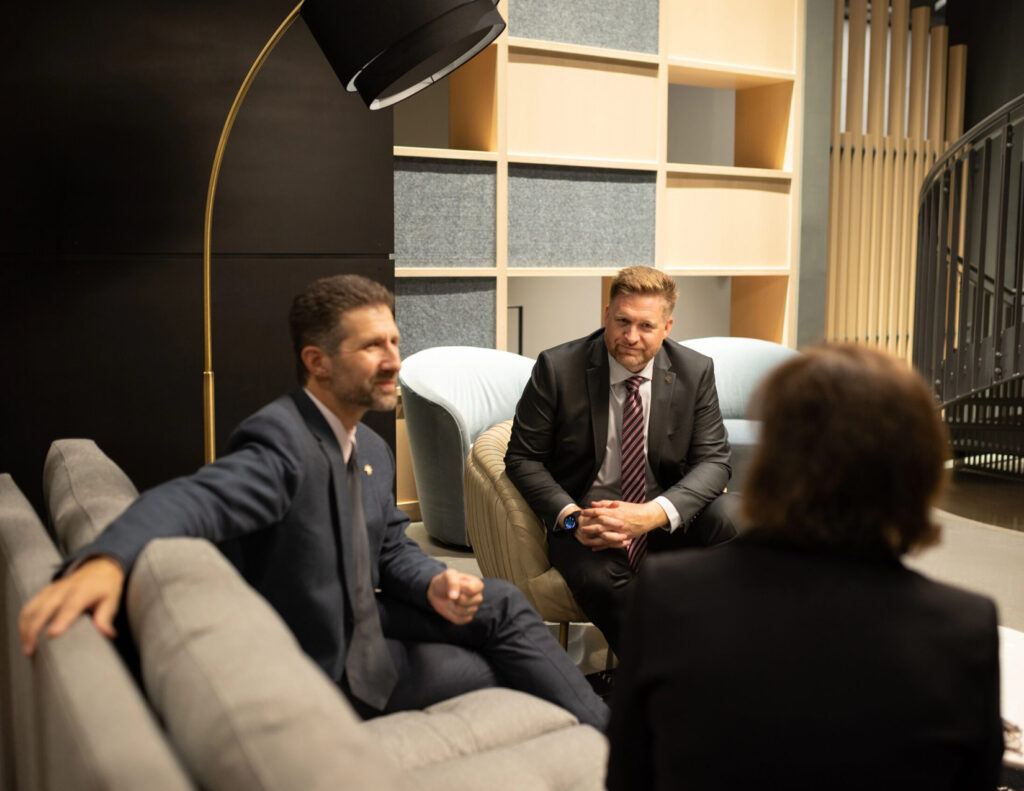Equity, Diversity, and Inclusion in Leadership
Leaders today are not only faced with the uncertainty and ambiguity cause by the global health pandemic, but they are also faced with having an important conversation about race, diversity and inclusion. Organizations are often asking their teams to bring their whole selves to work, and increasingly that means bringing our experiences from all walks of life – good and bad – too. While many could argue that this conversation has been going on for a long time, we believe we are at a point where the natural question should be: why isn’t it working?
One consideration could be that we are not addressing the tough stuff as a society. A conversation is one thing, but taking action is something different. Another consideration is that we have to stop focusing so much on the individual level and instead find ways to make organizational-wide and systemic changes. It’s our view that the strongest path forward needs to look at addressing all three considerations; the tough stuff, helping individuals and transforming at an organizational level.
As professional executive coaches and leadership development experts, we believe the opportunity for leaders is in uncovering and building their strengths and capabilities in inclusive leadership. To start, we’ve identified three strategic questions leaders should ask to help assess their overall individual strength in the practice of inclusive leadership. They are:
Do my team members trust me?
If you’re unsure, this is a great opportunity to use coaching skills to help understand each team members perspective. Trust is the foundation for inclusivity so we recommend starting your reflection here.
Am I credible and do I demonstrate that I’m committed to inclusive leadership?
Credibility and reliability are critical components of trust. Check in on how you are perceived relative to your inclusive leadership behaviours.
Do my team members feel I can keep them safe physically and psychologically?
Feeling safe is a precursor for one’s willingness to trust and in the ability to be trusted. Ask your team members this question and be open to their responses.
We recognize that equity, diversity and inclusion is a complex topic, and by no means does the work stop with the three self-reflection questions above. These are great conversations starters for leaders to have with their teams, and for leaders to use in building a foundation of trust through self-awareness, emotional intelligence and listening skills – all in an effort to create an environment that is equitable, diverse and inclusive.
Connect with us to learn how we can help you build a practice of inclusive leadership, and bring more attention and intention to your equity, diversity and inclusion efforts.






